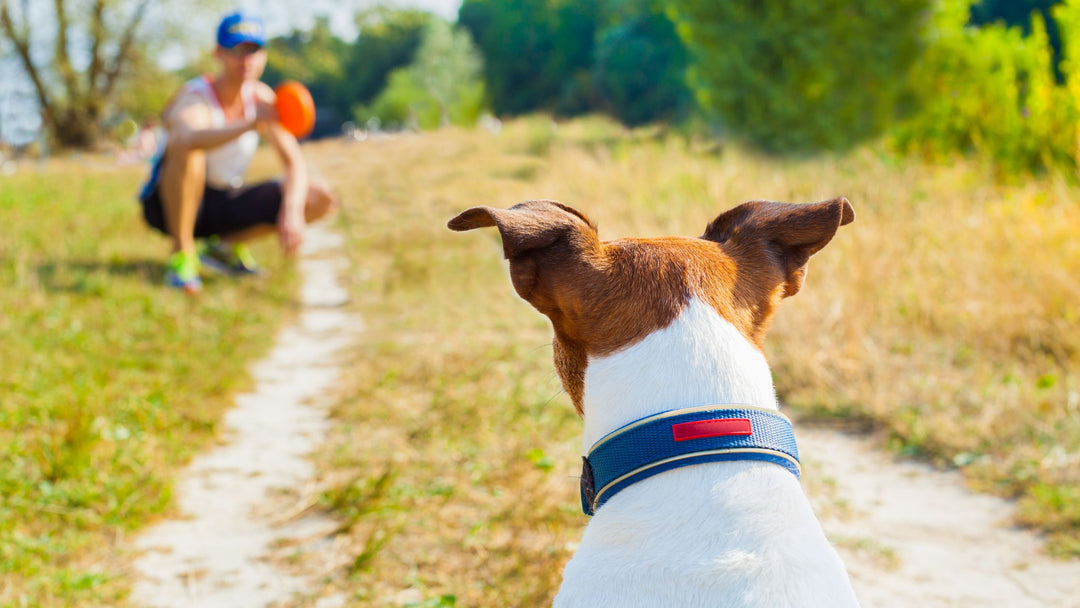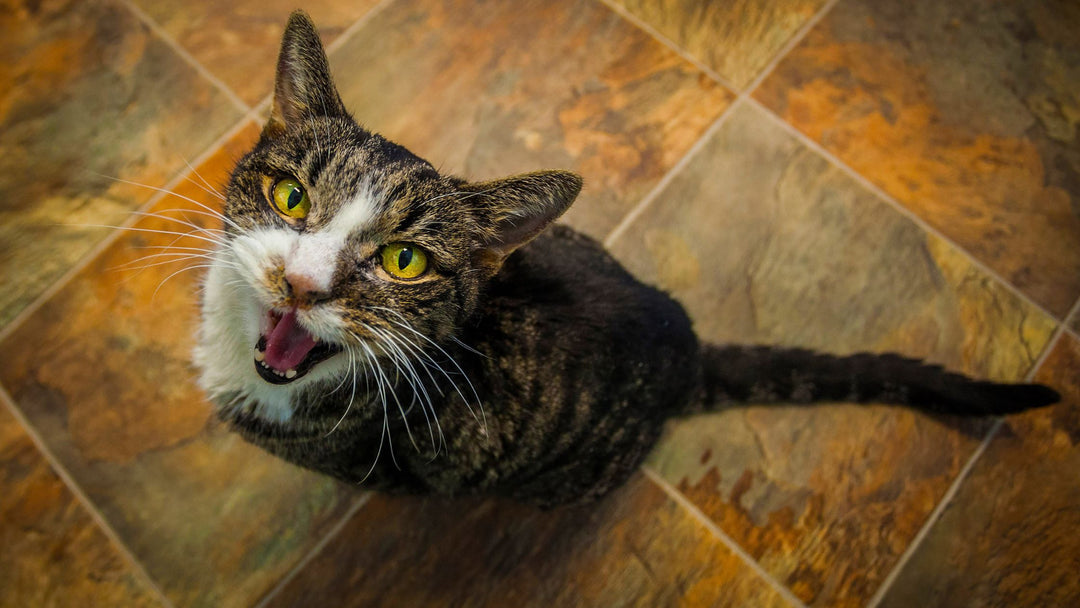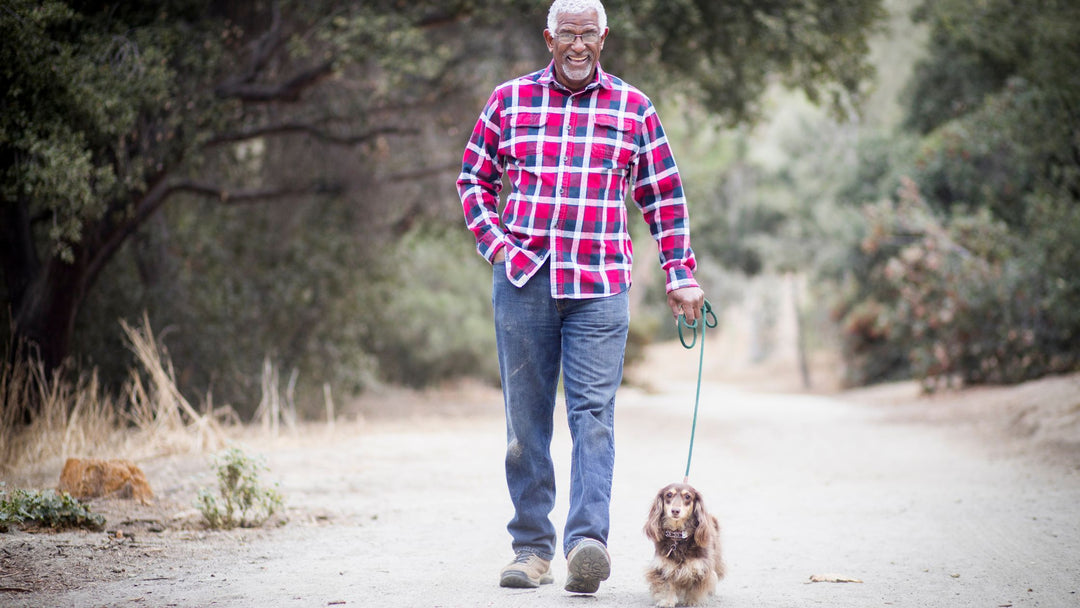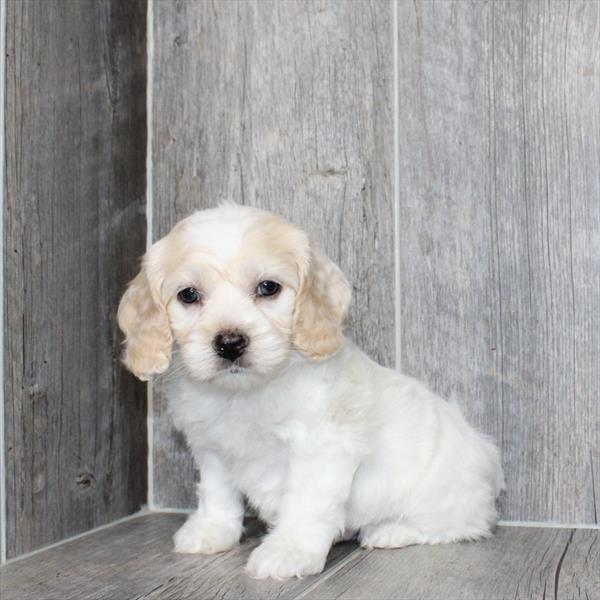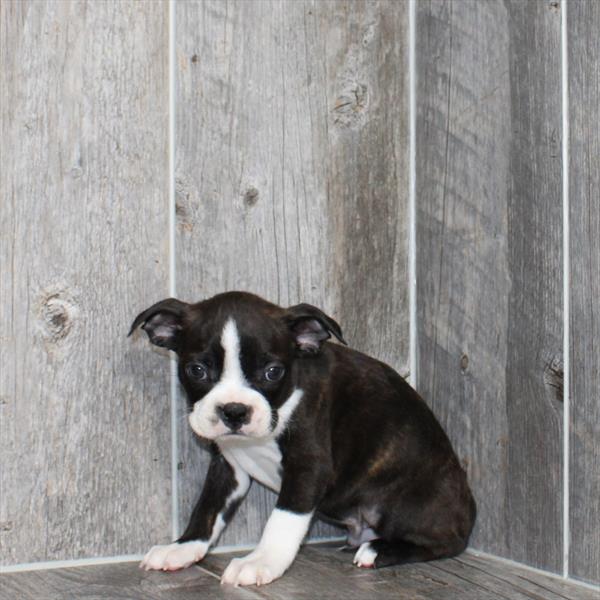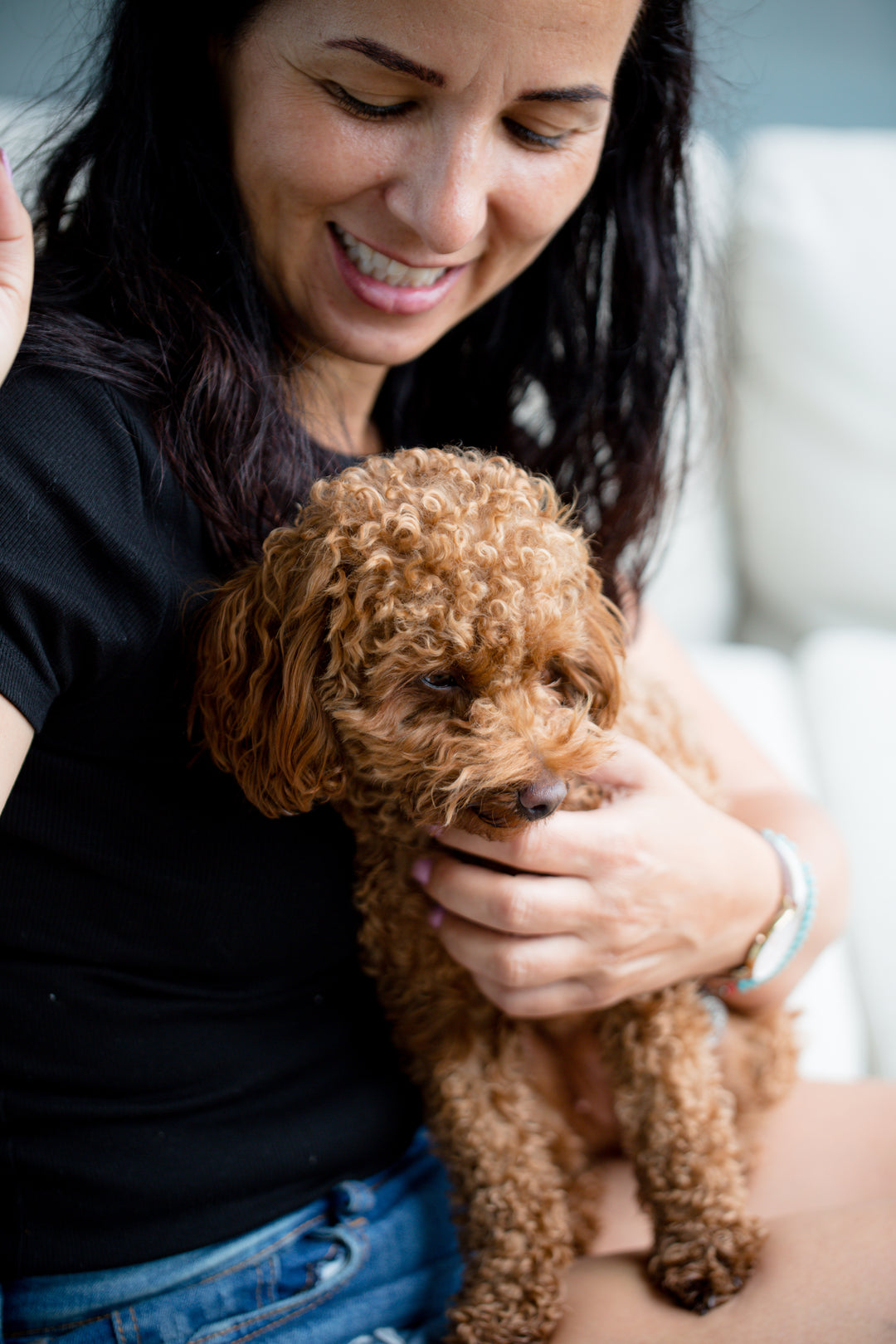The Ultimate Guide to Potty Training Your Puppy
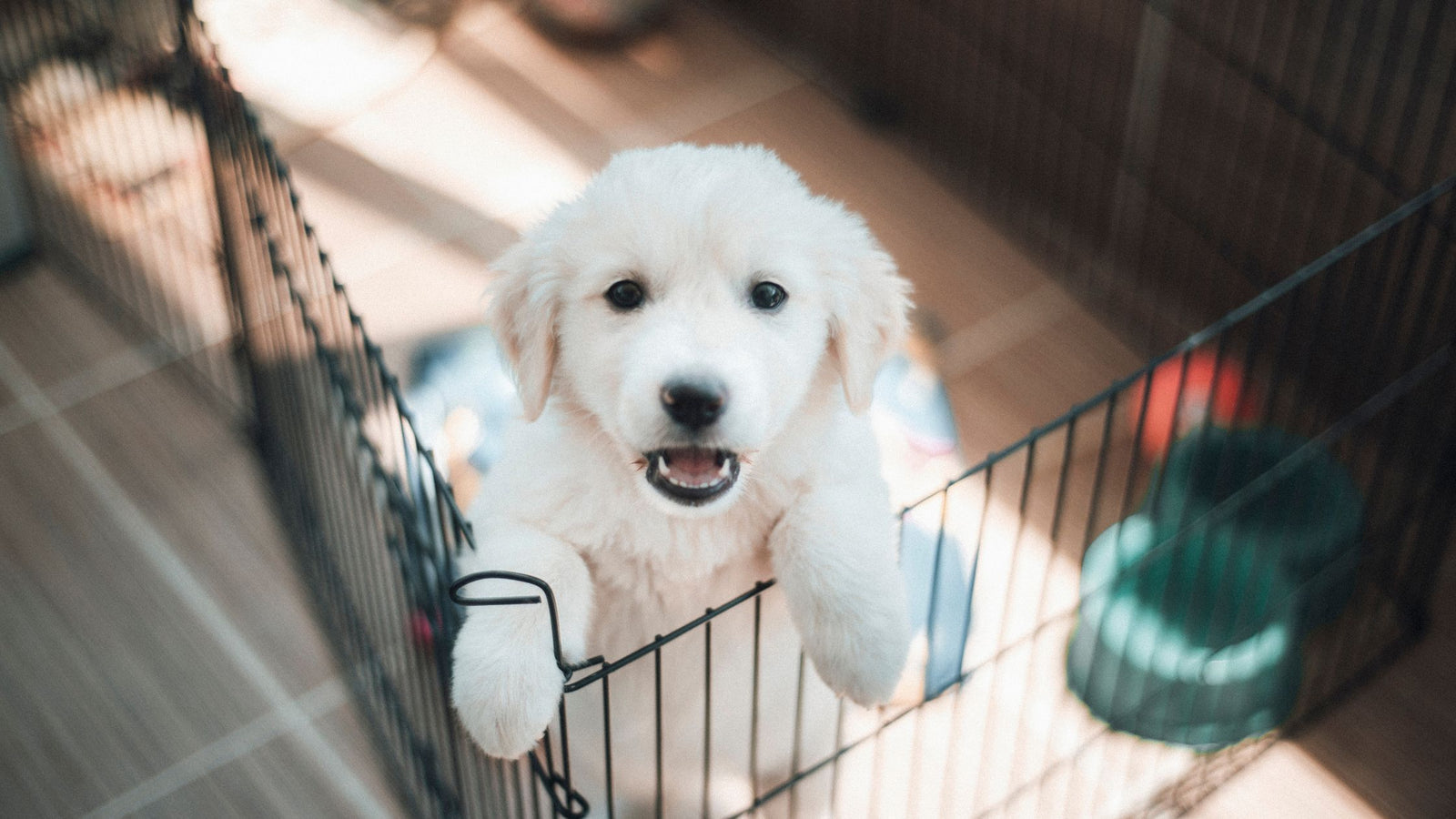
Bringing home a new puppy is an exciting experience, but it also comes with a lot of responsibility. One of the most important tasks you'll need to tackle is potty training. While it may seem daunting at first, with patience, consistency, and the right techniques, you can successfully potty train your puppy in no time. In this guide, we'll cover everything you need to know about potty training your puppy.
1. Understanding Your Puppy's Bladder
Before you start potty training your puppy, it's important to understand how their bladder works. Puppies have small bladders and can't hold their urine for very long. As a general rule, puppies can hold their bladder for approximately one hour for every month of age, up to a maximum of 8 hours. This means that a 2-month-old puppy can only hold their bladder for about 2 hours, while an 8-month-old puppy can hold their bladder for up to 8 hours.
2. Setting Up a Schedule
To successfully potty train your puppy, you'll need to set up a regular feeding and potty schedule. Start by feeding your puppy at the same time each day, and take them outside to potty immediately after they finish eating. In addition, take your puppy outside to potty first thing in the morning, after naps, and before bedtime. Be sure to praise and reward your puppy when they potty outside to reinforce good behavior.
3. Crate Training
Crate training can be a useful tool for potty training your puppy. Dogs naturally don't like to eliminate where they sleep, so by crate training your puppy, you can teach them to hold their bladder until they're outside. Make sure the crate is big enough for your puppy to stand up, turn around, and lie down comfortably, but not so big that they can eliminate in one corner and sleep in another.
4. Supervision
When you're potty training your puppy, it's important to supervise them at all times. Keep your puppy in a confined space, such as a playpen or crate, when you can't supervise them directly. This will prevent them from sneaking off to eliminate in a hidden corner. When you're supervising your puppy, keep them on a leash so you can quickly take them outside when they need to potty.
5. Consistency and Patience
Consistency and patience are key when it comes to potty training your puppy. Stick to your feeding and potty schedule, and be patient when accidents happen. Puppies learn at their own pace, and it may take several weeks or even months for your puppy to become fully potty trained. Be consistent with your praise and rewards, and don't punish your puppy for accidents.
6. Problem Solving
If your puppy continues to have accidents indoors, there may be an underlying issue that needs to be addressed. Make sure your puppy doesn't have any medical issues that could be causing accidents, such as a urinary tract infection. In addition, make sure you're providing enough opportunities for your puppy to potty outside. If your puppy is still having accidents despite your best efforts, consider consulting with a professional dog trainer or behaviorist.
Conclusion
Potty training your puppy can be a challenging task, but with patience, consistency, and the right techniques, you can successfully train your puppy in no time. Understanding your puppy's bladder, setting up a regular schedule, crate training, supervision, consistency, patience, and problem solving are all important aspects of potty training your puppy. With the right approach, you can have a fully potty trained puppy in a matter of weeks or months.
1. Understanding Your Puppy's Bladder
Before you start potty training your puppy, it's important to understand how their bladder works. Puppies have small bladders and can't hold their urine for very long. As a general rule, puppies can hold their bladder for approximately one hour for every month of age, up to a maximum of 8 hours. This means that a 2-month-old puppy can only hold their bladder for about 2 hours, while an 8-month-old puppy can hold their bladder for up to 8 hours.
2. Setting Up a Schedule
To successfully potty train your puppy, you'll need to set up a regular feeding and potty schedule. Start by feeding your puppy at the same time each day, and take them outside to potty immediately after they finish eating. In addition, take your puppy outside to potty first thing in the morning, after naps, and before bedtime. Be sure to praise and reward your puppy when they potty outside to reinforce good behavior.
3. Crate Training
Crate training can be a useful tool for potty training your puppy. Dogs naturally don't like to eliminate where they sleep, so by crate training your puppy, you can teach them to hold their bladder until they're outside. Make sure the crate is big enough for your puppy to stand up, turn around, and lie down comfortably, but not so big that they can eliminate in one corner and sleep in another.
4. Supervision
When you're potty training your puppy, it's important to supervise them at all times. Keep your puppy in a confined space, such as a playpen or crate, when you can't supervise them directly. This will prevent them from sneaking off to eliminate in a hidden corner. When you're supervising your puppy, keep them on a leash so you can quickly take them outside when they need to potty.
5. Consistency and Patience
Consistency and patience are key when it comes to potty training your puppy. Stick to your feeding and potty schedule, and be patient when accidents happen. Puppies learn at their own pace, and it may take several weeks or even months for your puppy to become fully potty trained. Be consistent with your praise and rewards, and don't punish your puppy for accidents.
6. Problem Solving
If your puppy continues to have accidents indoors, there may be an underlying issue that needs to be addressed. Make sure your puppy doesn't have any medical issues that could be causing accidents, such as a urinary tract infection. In addition, make sure you're providing enough opportunities for your puppy to potty outside. If your puppy is still having accidents despite your best efforts, consider consulting with a professional dog trainer or behaviorist.
Conclusion
Potty training your puppy can be a challenging task, but with patience, consistency, and the right techniques, you can successfully train your puppy in no time. Understanding your puppy's bladder, setting up a regular schedule, crate training, supervision, consistency, patience, and problem solving are all important aspects of potty training your puppy. With the right approach, you can have a fully potty trained puppy in a matter of weeks or months.


